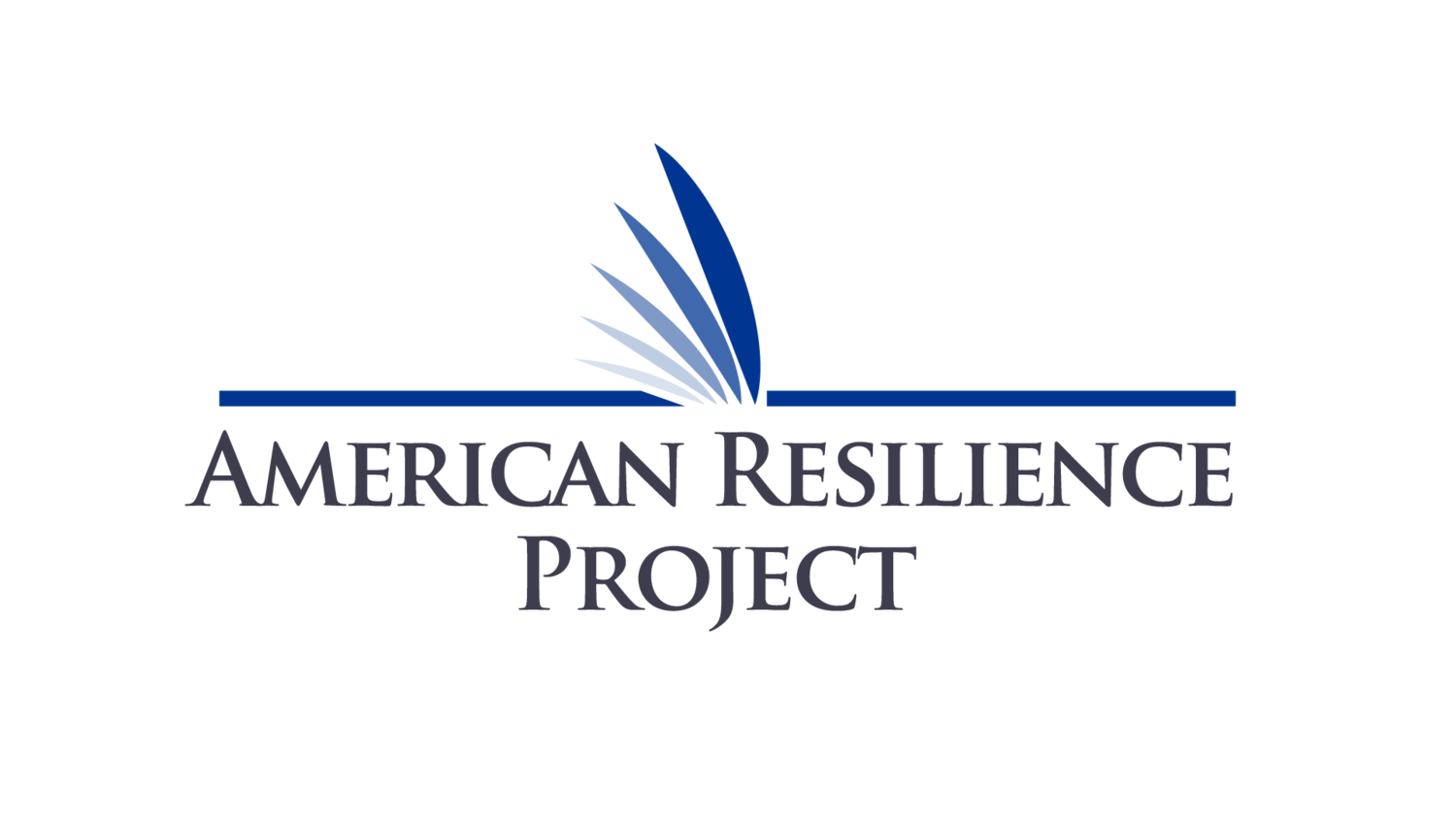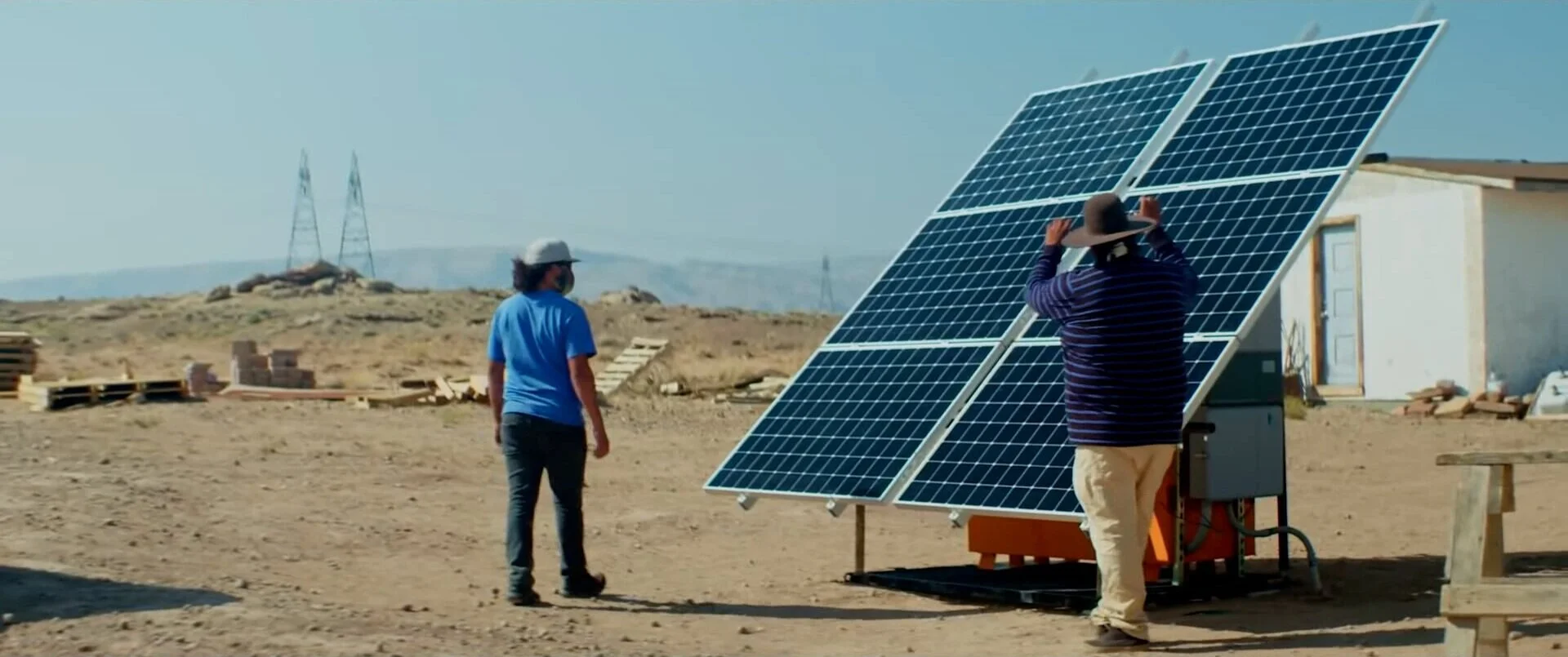For Educators, Students, and Learners of All Kind
Supplemental Materials
Local Coverage
“Navajo Generating Station—the Largest Coal Plant in the West—Has Shut Down”
AZCentral
November 18, 2019
“Weaning Off Coal: Northern Arizona Starts a Painful Transition”
Navajo Times
February 13, 2020
“New Bill Hopes to Support Communities After Navajo Generating Station Closure”
Arizona Daily Sun
March 31, 2021
National Coverage
“The Navajo Generating Station Coal Plan Officially Powers Down. Will Renewables Replace It?”
Greentech Media
November 20, 2019
“Hopi Look to Tourism, Ranching for Income After Coal Power Plant Closure”
National Public Radio
January 14, 2020
“After Decades of Activism, the Navajo Coal Plant has been Demolished”
Vox
December 19, 2020
Download the Educational Toolkit Guide.
Sample Discussion Questions
Discussion Questions Post-Film
Who needs to be at the table when addressing the problems and opportunities associated with the decline of coal and the rise of renewables?
Who has historically been left out of these conversations?
How can different people and communities be brought to the table?
Do you think we, as a society, have an obligation to ameliorate inequities in our energy system? Why or why not?
Should we establish policies to promote clean energy even if it means fewer jobs in the fossil fuel industry? Why or why not?
In the best world, what could these policies look like?
In the best world, how can we make this transition without leaving those currently in the fossil fuel industry behind?
In what ways can clean energy policies also promote social justice in the transition away from fossil fuels?
Who gets left behind in this transition? How can policy assist these groups?
What are some of the obstacles to promoting a just energy transition in the US? Discussion suggestions: pre-existing policy barriers, social norms, behavioral patterns, lifestyle changes, political division and entrenchment, etc…
What can individuals do to help advance a just transition?
Do you think it’s possible for the individual to have impact?
Is there any evidence of progress or reasons for hope that America will successfully transition to clean energy and address the pollution and social inequities inherent in the current energy system?
Group Discussion Suggestions
Whole group discussion with professor as facilitator
Small group discussions using listed questions or film themes
Small groups bring ideas discussed back to whole group near the end of the class or meeting for whole group discussion
Mock-Debate
The Just Transition involves many policies yet to be determined and background knowledge lays the groundwork for an informed mock-debate around these themes. Assign various students or groups the roles of:
Opening speaker, rebuttal speaker, researcher, debate moderator, etc…
See “Engagement Guides” for further suggestions
Mock Town Hall Meeting
The Energy Transition will be an international shift that will be felt down to the community level. Background knowledge of the topics lays the groundwork for an informed Mock Town Hall Meeting where students can practice articulating their arguments and experience a Town Hall perhaps for the first time! Assign various students or groups the roles of:
Citizens in favor of [renewable energy proposal], citizens in oppositions, town council members, utility and labor organization representatives, etc…
See “Engagement Guides” for further suggestions
Terms to Know
Key Terms
Authority vs Capacity
Distributive Justice
Energy Independence
Energy Security
Energy Sovereignty
Participatory Justice
Recognition Justice
Socio-Technical Systems
Stability, Affordability, and Accessibility

